Ultimate Guide to Piano Uses
d
You’ve learned how to play piano - or are in the process of learning the instrument - and are now wondering: “What can I use my piano playing for?” and “Where can I play?” There are a lot of different uses for pianists. In this guide, we’ll go through the possibilities and what you need to know for each one.
________
Playing Jazz on Piano
How to Play Jazz
Jazz piano is not easy to learn, but it can be very rewarding if you learn how to master it. Here’s how to learn to play jazz:
- Memorization
- Find a Jazz Teacher
- Listen to Jazz
- Understand the Overall Jazz Concept
- Play Some of the Greats
-
Memorization
Playing different jazz styles - like ragtime, bebop, swing, and others - requires a lot of memorization. You want to be able to anticipate and feel the beats of the music. Concentrating too hard on a sheet of music could disrupt the rhythm and tempo needed to play piano jazz well, which is why memorization can be so key.
- Find a Jazz Teacher
If you are new to jazz or looking to develop your skill at playing jazz, find a teacher who knows how to play it well and learn from them. One or two lessons a week could offer you the inspiration and training you need to practice on your own.
- Listen to Jazz
While classical music is much more disciplined and straightforward, jazz requires you to feel the beat of the music. You need to understand the rhythms and cadences necessary for creating jazz music. Listening to a lot of jazz piano is the best way to familiarize yourself with the style.
-
Understand the Overall Jazz Concept
Jazz consists of a lot of improvisation. To be able to improvise the music, you need to understand jazz chords and progressions so you can play off your fellow musicians without missing a beat or disrupting the melody.
Play Some Of The Greats
Finally, get a feel for jazz by playing some of the greats, like Oscar Peterson, Art Tatum, Duke Ellington, Fats Waller, Thelonious Monk, and more. You can find jazz piano sheet music on Amazon to get you started:
Where to Play Jazz in DFW
Jazz isn’t dead. There are still plenty of places you can go to play jazz. Search your local area for clubs, festivals, and other venues where jazz is played and see if you can get a slot to show off what you know.
Below are some popular places to hear and play jazz in Dallas-Fort Worth and North Texas:
- Piano Bars
- DFW Clubs & Cafes
- Fort Worth Restaurants and Clubs
Looking for more? You can also search for piano jobs in jazz if you’re looking to pass your skill and knowledge on to others.
Piano Teacher Positions in North Texas can be found at:
- Indeed
- ZipRecruiter
Best Pianos for Jazz
While any piano will do when it comes to playing music, there are some pianos that can be better for certain styles than others. We’d recommend one of the following:
If you’re just starting out, we’d recommend starting with a cheaper piano before spending too much on an instrument. You wouldn’t want to invest thousands of dollars in an instrument that won’t be a good fit for you.
________
Stage Performance on Piano

How to Improve Your Stage Performance
There are two types of stage performances that we will reference in this section: traditional/classical stage performances and band stage performances. You can prepare for both types of stage performances by following these tips: 
- Know your music
- Practice for friends and family first
- Get plenty of rest
- Warm up before the performance
- Carry yourself well
- Dress up for the performance
-
Know Your Music
Playing in front of a large audience can be intimidating. You may struggle with your nerves while playing - even if you know your music really well. Not feeling confident about your music can make these nerves even worse. The number one tip we can offer you before your stage performance is to make sure you know your music really well, with lots of practice.
- Practice for Friends and Family First
One way to fight against your nerves and anxiety is to practice playing your music for friends and family. Not only will this be good preparation for your performance, but they can also provide you feedback on your playing or stage presence.
- Get Plenty of Rest
You need plenty of rest before a performance. Rest can help you remember your music better (if you’re playing from memory), focus on your sheet music (if sight reading), or help you collaborate better with a group.
- Warm Up Before the Performance
Playing on stage may be new for you. You may even be playing on a different piano. Getting in a quick warm-up before the performance can help you have more confidence at the keys. If you’re playing on a keyboard, warming up beforehand will also help you adjust the volume to the right setting before the show.
- Carry Yourself Well
Think about your posture…
If you’re standing, are you standing up straight with your shoulders back? Do you have room for your arms to move along the keys?
If sitting, how is your posture? Is your chair or bench at a good position? Do you have room around you to play along the keys?
- Dress Up for the Performance
The type of performance you’re doing will determine how you dress. If you are performing a traditional/classical stage performance, for example, you’ll typically need to dress up in black or black and white.
Best Pianos for Stage Performances
Depending on your stage performance event, you may have a piano provided for you OR you may need to provide your own piano. If the latter, here are some things to consider when searching for a stage piano. It should:
- Be portable
- Easy to clean and maintain
- Produce good and controllable sounds when you play
- Have recording and connectivity capabilities
As such, here are the Best Pianos for Stage Performances:
________
Playing Piano at Church
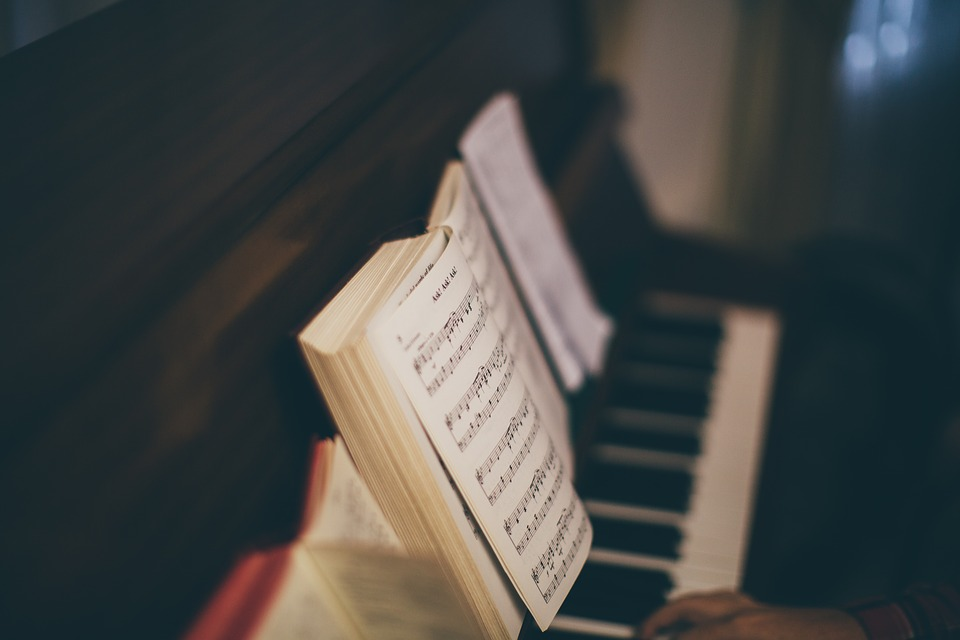
How to Play Piano at Church
As you prepare to play piano at your church, here are some helpful tips that can help you play well:
- Familiarize Yourself with the Songs
- Prepare for Transitions
- Be Flexible
- Don’t Forget Why You’re Playing
-
Familiarize Yourself with the Songs
Churches play a handful of songs most of the time, while introducing new music throughout the year. Identify the top 5 songs your church needs you to play and practice them the most.
- Prepare for Transitions
If there are transitions between songs, make sure you know how to play those well.
- Be Flexible
Worship leaders may repeat the chorus more times than was rehearsed. Prepare yourself to follow along with the leader and not be glued to the original piece of music in case you need to change course.
- Don’t Forget Why You’re Playing
Playing worship music at church can feel like a performance, but you’re actually leading people in worship to the Lord. Don’t forget why you’re playing. Put your heart into the songs.
________
Classical Music on Piano
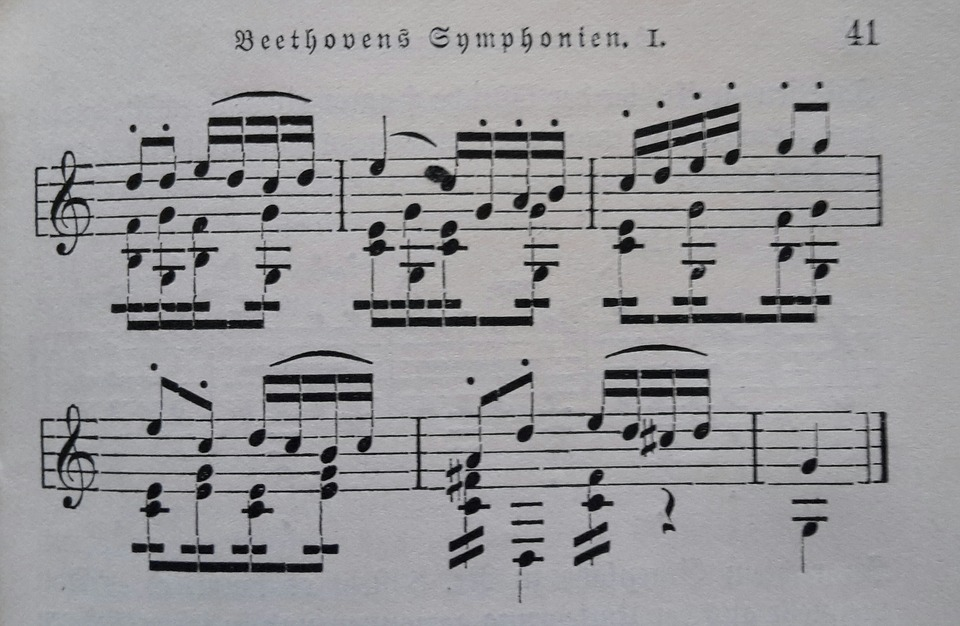
How to Play Classical Music on Piano
Most piano styles have stemmed from classical piano. It is a foundational element to your piano study and can help you become a better pianist.
Classical composers like Bach, Mozart, and Beethoven paved the way for other great pianists to emerge.
However, classical music isn’t just a foundational piano style to learn and practice; it can still be used today in more practical ways. Most often, classical piano is played in theaters and stage performances. It can also be a great means to inspire unique compositions of your own.
Here are some of the best classical songs to play and practice:
- The Giant Book of Intermediate Classical Piano Music: Schirmer’s Library of Musical Classics, Vol. 2139
- 55 of the Most Beautiful Classical PIano Solos: Bach, Beethoven, Chopin, Debussy, Handel, Mozart, Satie, Schubert, Tchaikovsky and more
- 50 Most Famous Pieces of Classical Music: The Library of Piano Classics Bach, Beethoven, Chopin, Debussy, Liszt, Mozart, Schubert, Strauss and more
Best Pianos to Use for Classical Music
- Alesis Recital Pro | Digital Piano - $379
- Yamaha YDP184R Arius Series Console Digital Piano with Bench - $2,199.99
________
Creating Beats on Piano
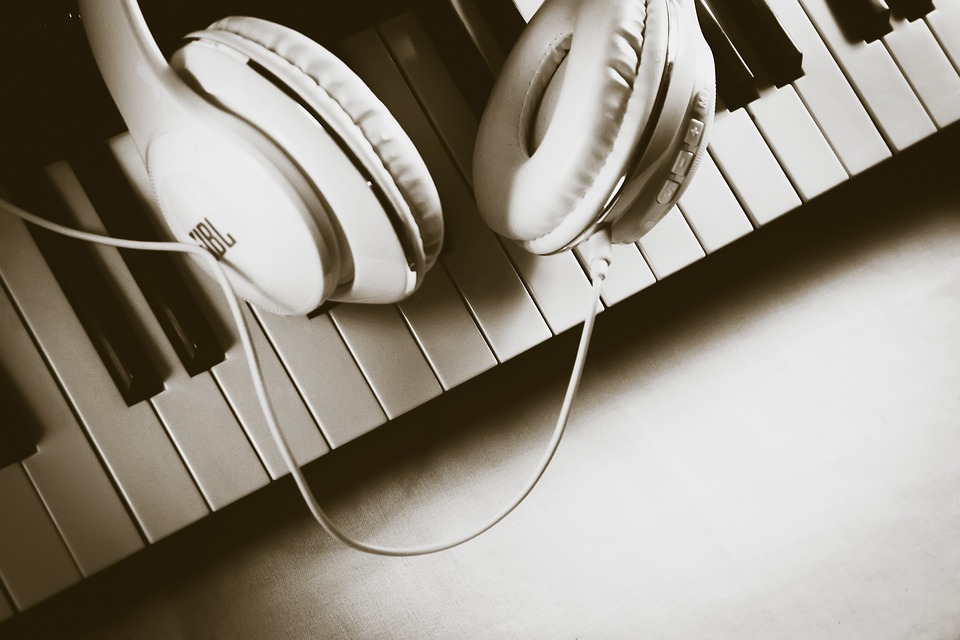
How to Create Your Own Beats on Piano
Do you enjoy playing more creatively on piano and coming up with your own songs? Are you looking to create and produce music? Here are some helping tips to help you create your own beats on piano:
-
Analyze Your Favorite Songs
The best way to create music is to listen to existing music for ideas. While you don’t want to copy or steal music that’s already out there, you can gain inspiration from listening to popular songs in the genre you want your songs to be.
- Make It Your Own
Pick your favorite chord progressions and notes from within the music to create something of your own.
- Experiment and Try Different Things
Don’t be afraid to get started. Experimenting and trying different things is the best thing you can do to come up with something new. You have to just start.
- Learn Your Triad Chords
To get really good at creating your own beats, learn your triad chords. There are 24 major and minor triad chords. Learn them on both hands. It seems like an arbitrary task, but it will help you with piano improv.
- Use a Good Software to Put Your Beats Together
A good software can help you record and piece together your beats, unless you don’t intend to produce something for release. However, recording what you play is a good way to remember the notes.
- Add in Other Instruments if You’d Like
One of the benefits of using software is you can add in pre-recorded instrument beats to your music.
Best Places to Listen to Piano Improv in DFW
You may be able to hear piano improv at local piano bars in DFW, music classes you take with professional piano teachers, or by searching videos online.
Best Pianos and Softwares Needed for Creating New Beats
Here you’ll find Music Gateway’s top recommendations for Beat Softwares, if not included with your beat keyboard (which most seem to include).
________
Teaching Piano Music Therapy to Students with Disabilities
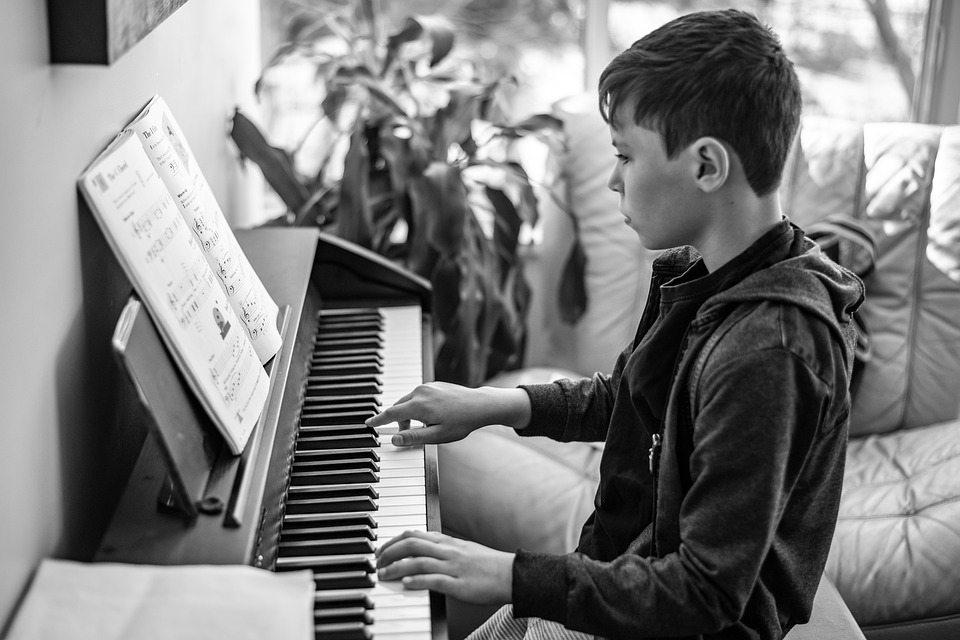
What to Know About Teaching to Students with Disabilities
As you probably already know, teaching piano music therapy to students with disabilities will require a great deal of patience and flexibility, but music can be an exceptional way to help these students learn to express themselves or work through physical or mental challenges.
Here are a few tips to help you cater your piano lessons to students with disabilities:
- Prepare Students for New Music
- Teach the Song in Small Segments
- Incorporate A Lot of Breaks
- Create a Reward System
- Use Hand Gestures Not a Metronome
-
Prepare Students for New Music
While many students could jump into a new song without hearing it in its entirety, it’s most helpful to your students to play the entire song through - up to tempo - so they have a better idea of what you’re wanting to teach them to play.
- Teach the Song in Small Segments
You can use a picture board to show the student what they can expect from the lesson and when/how they will learn each part of the song. Keep the child informed of any changes that you need to make to the schedule so they are prepared.
- Incorporate A Lot of Breaks
Give your students free time to move around, sing, or destress from the lesson.
- Create a Reward System
When the lesson is going well, consider rewarding them with a sticker or some type of simple reward that encourages them in their lesson.
- Use Hand Gestures Not a Metronome
This will help calm nerves if they are easily anxious and create a more relational experience with your lesson as you direct them through the music.
________
Playing Piano with Family and Friends
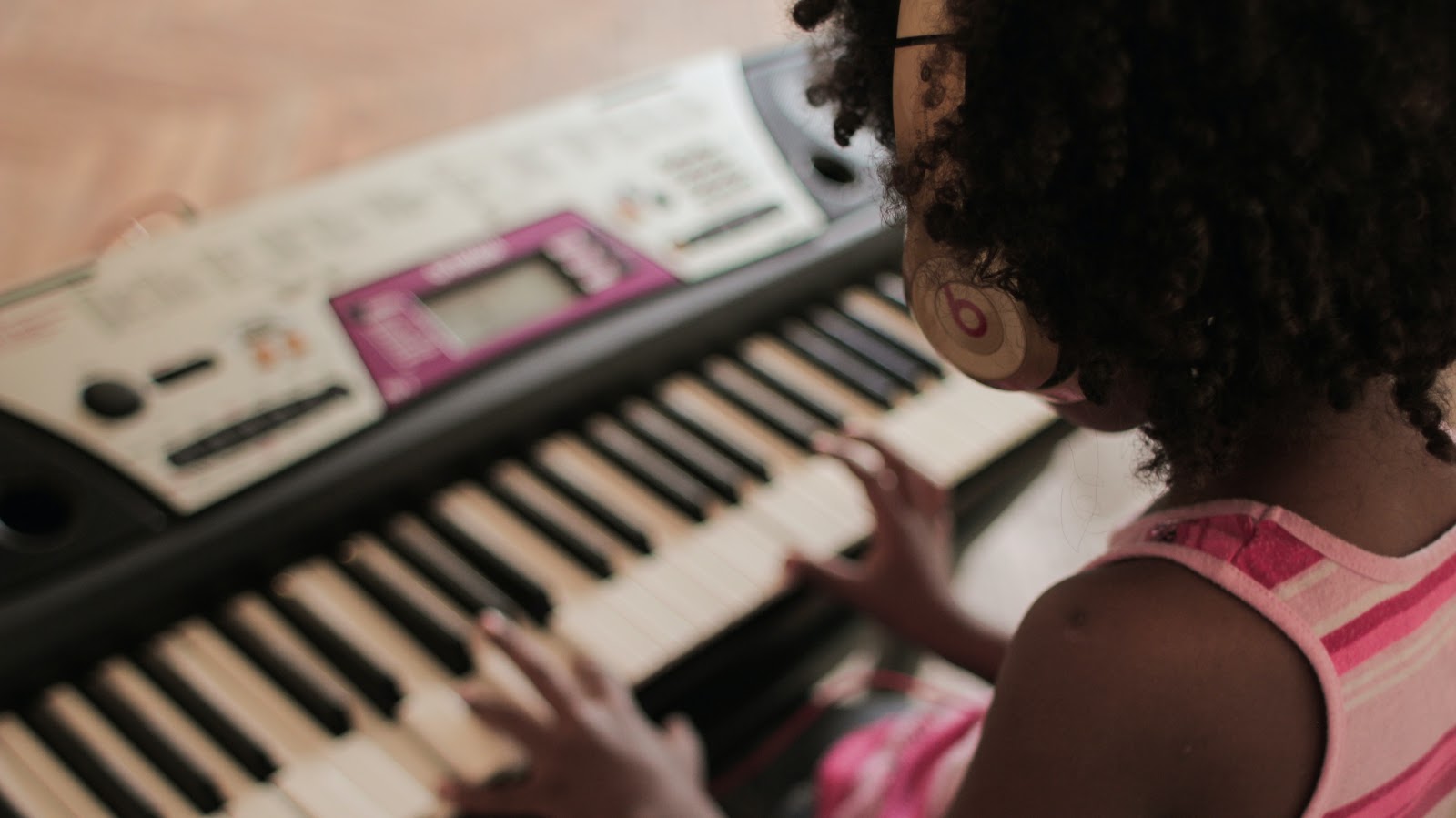
Most Popular Piano Songs to Play at Parties & Family Gatherings
We encourage you to practice often for your family and friends in preparation for any performances you may have, but one great way to have fun with family and friends with your piano playing is to play songs they can sing to.
Here are some of the best sing-along songs to play on piano with your family and friends:
- Hey Jude
- With or Without You
- With a Little Help from My Friends
- Sweet Home Alabama
- Man in the Mirror
- Bohemian Rhapsody
- Sweet Caroline
- Livin’ on a Prayer
-
Sweet Child O’ Mine
- Dancing Queen
Best Pianos
If you are looking for budget-friendly pianos for casual play, check out the Alesis Melody Keyboard:
- Alesis Melody 61 MKII | 61-Key Portable Keyboard with Built-In Speakers, Headphones, Microphone, Piano Stand, Music Rest and Stool - $109.99
________
Growth Comes from Contribution: Piano Performances at Retirement Homes
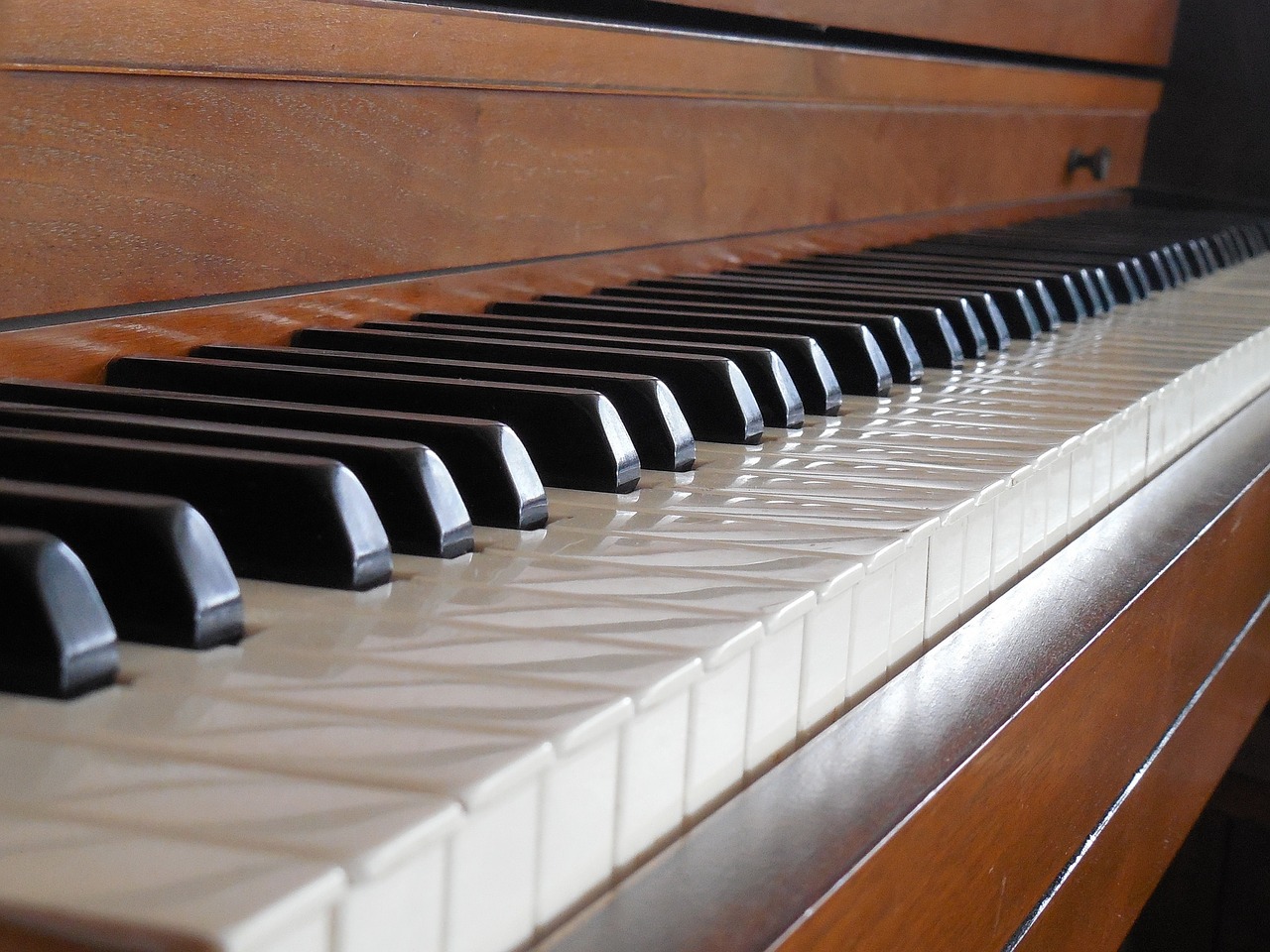
What to Know About Playing Piano at Retirement Homes
While the thought of performing at a retirement home or assisted living center may not excite you, it could be one of the most rewarding things you’ll ever do as a pianist.
You will grow as a pianist when you learn to give back with your talents and skills to entertain those who could use the joy music brings.
Music can bring joy to people of all ages - but especially those who are older and in need of encouragement. Playing piano at retirement homes and assisted living facilities can offer your audience some nostalgia from their childhood as they listen to you play and some comfort to their hearts.
Here are some things to help you prepare for your piano performance at retirement or nursing homes:
- Schedule Your Performance by Calling Ahead
- Create a Set List Catered to Their Residents
- Visit the Facility Beforehand
- Be Friendly
- Expect to Be Interrupted
- Speak Loudly
-
Schedule Your Performance by Calling Ahead
While retirement homes will likely want you to come play, make sure you call ahead to schedule a time to come, as many other events may be scheduled or happening at their facility.
- Create a Set List Catered to Their Residents
Ask the nursing staff what music their residents most enjoy. And if you plan to schedule recurring performances at that facility or you’re good at improvising, ask the residents what their favorite songs are.
Play music that they’ll recognize and make sure it’s not anything that would be too overwhelming or stressful for them.
- Visit the Facility Beforehand
To prepare for your performance, make sure you schedule a visit to the facility so you can see where you will perform, what kind of piano they have for you to play (and where it’s located), and how to best enter and exit the facility.
- Be Friendly
While performing at a restaurant or on stage may get you stand-off-ish applause from the audience, don’t expect the same kind of treatment here. Residents of nursing homes and assisted living facilities want to be acknowledged and talk to you before or after your performance. Take time to shake hands, hug, and talk with them. Be sure to smile.
- Expect to Be Interrupted
Your audience may talk, ask questions, or yell in the middle of the performance. Don’t be surprised or thrown off if this happens.
- Speak Loudly
The residents are likely hard of hearing. Speak loudly when addressing the audience and be prepared to repeat yourself.
Where to Play in DFW
Search for “retirement homes near me” to find different retirement and assisted living centers where you might be able to perform. Contact each one and find out if they have availability or need performers.
This may take time, but you will be able to build up a good contact list for future events and gigs. These homes may even become good referral business for you.
You can also look on Assisted Living Today for top facilities in DFW.
Best Pianos
Many retirement homes will provide you with a piano if they have one at their facility. If not, here are the best portable pianos to bring with you to play at retirement homes:
________
Playing at a Piano Bars

What to Know About Playing at Piano Bars
Piano bars are bars that feature a pianist who plays music to set the mood. At some bars, they have just one piano and pianist playing for the night; others feature two separate pianos and pianists who duel each other through music. These duelists often play rock or country music.
To be successful here, you need to know a lot of songs by memory or have a music book on hand with popular songs. At the very least, you should familiarize yourself with popular songs requested and played at piano bars so you’re prepared. It’s also helpful to understand what each bar’s expectation is for you when you come and play. Do they prefer country music? Classical? Rock?
Popular Piano Bars in DFW
- Pete’s Dueling Piano Bar
- Red Rock Bar & Grill
- The Library Bar
- The Balcony Club
- Will Call Bar
________
Being a Professional Pianist Entertainer

What to Know as a Professional Pianist Entertainer
As a professional pianist entertainer, you can earn a living playing background music at weddings or company events, performing at piano bars or restaurants, or being a part of a local or national performing orchestra. You may even find yourself at retirement and assisted living centers playing for their residents.
While it will require hard work and determination to keep a steady influx of clients and work, as well as discipline to practice throughout the week, if piano is something you’re passionate about and love to do, this might just be the way to make a living at it - or at the very least be something you do on the side.
Best Pianos for Professional Entertainers
Some of your venues may provide you with a piano to use at their establishment. If not, here are some of the best pianos to consider for your career:
________
Looking for Piano Lessons Online or In-Person?
Learn More About Classes at Creative Soul School of Music
Related Articles: